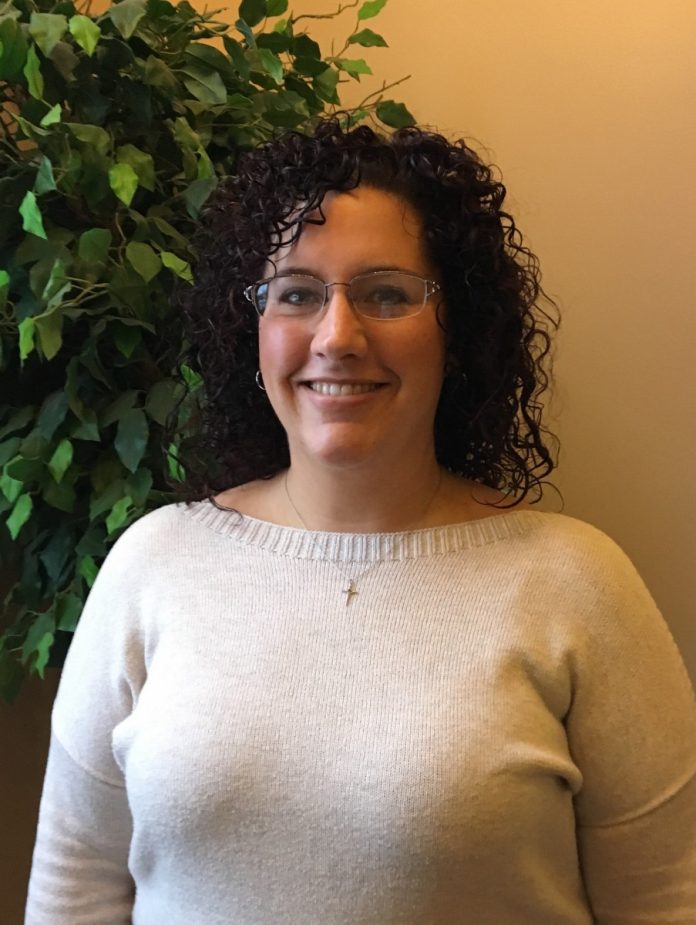

After facing criticism last semester, DePauw's medical amnesty policy (MAP) has been updated for the 2019-2020 school year.
DePauw’s updated MAP is influenced by The Indiana Lifeline Law, but covers both illegal alcohol and drug use. This policy protects students and organizations from alcohol and drug violations when specific procedures are followed regarding medical emergencies.
The MAP has been updated in order to clarify organizations can qualify for amnesty. Last year it was necessary that a chapter leader be present and involved in the help seeking process; however, this has changed.
If you are anywhere on campus and need help for yourself or a friend, you must “call, stay, cooperate,” according to the Medical Amnesty Policy.
If you are on an organization’s property while calling for help, someone from the host-organization would also need to stay and cooperate with MAP procedures fully to receive amnesty for themselves and the organization.
President of Delta Upsilon, Paulo Aco, said, “Now, anyone can call for help,” which he appreciates because that means everyone has the ability to help no matter who they are with or around.
According to the director of the Office of Substance Abuse Prevention and Education, Julia Sutherlin, in the event that an individual is at a party and needs help but does not actively seek out members to help, the chapter could still “potentially” get in trouble. She said, “Every situation we review the nuances… I can’t say for sure.”
However, if an organization is not in possession of drugs or alcohol, or has not been found guilty of distributing drugs or alcohol, there is no need for the organization to qualify for MAP, since they are not in violation of the policy in the first place, according to Sutherlin.
Sutherlin hopes that organizations will make people who can help at events more visible. For example, wearing outfits that convey they are part of the risk team would make it easier to identify who can be involved in calling for help.
Michael Aikin, Sigma Nu’s Risk Reduction Manager, said, “We have our sober monitors monitoring hallways and party spaces for the hours that they are sober monitors for, and those rotate every hour.” In addition to this, Sigma Nu posts contact information of their risk representatives around the house in order to ensure guests have all the information they need in case a call must be made.
Despite the MAP and procedures, there are situations in which medical amnesty would not be granted. These are outlined in the student handbook as:
- False identification
- Causing or threatening physical harm
- Sexual violence
- Damage to property
- Harassment
- Hazing
- Disorderly conduct
- Alcohol and/or drug violations that may have occurred outside of the context of the call for medical assistance
Those who are granted medical amnesty (both organizations and individuals) will not receive sanctions (like probation) by community standards, but will be required to attend alcohol and/or drug educational activities, according to the handbook.
Further, if you get enough sanctions (the number is unspecified) incidents, or concerns for health and safety, this may result in higher level interventions such as notification of Inter/National Headquarters and/or Chapter Advisors.
Overall, it should be the initiative and expectation of the organizations who are hosting an event to keep those who attend safe, Sutherlin said. “They should be fully engaged in any sort of process where someone is encountering a medical emergency.” Sutherlin added that it’s ultimately the responsibility of the sponsoring organization to keep its guests safe, “whether there’s alcohol involved or not.”


